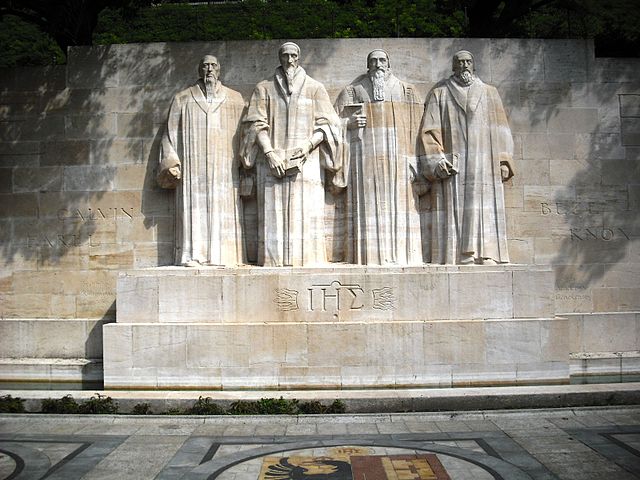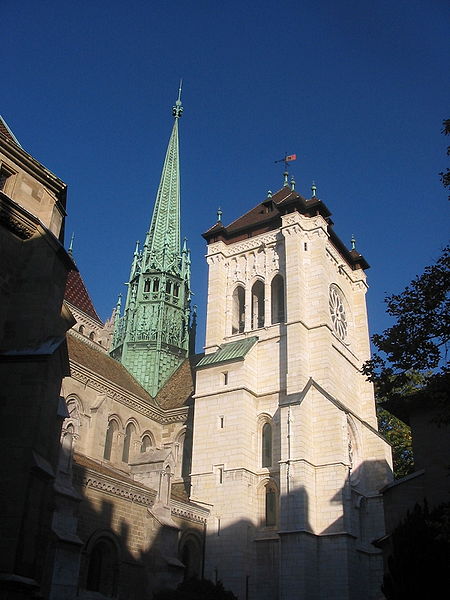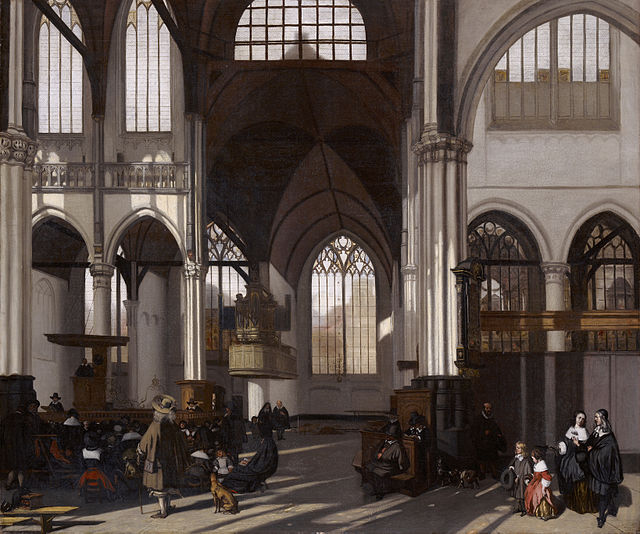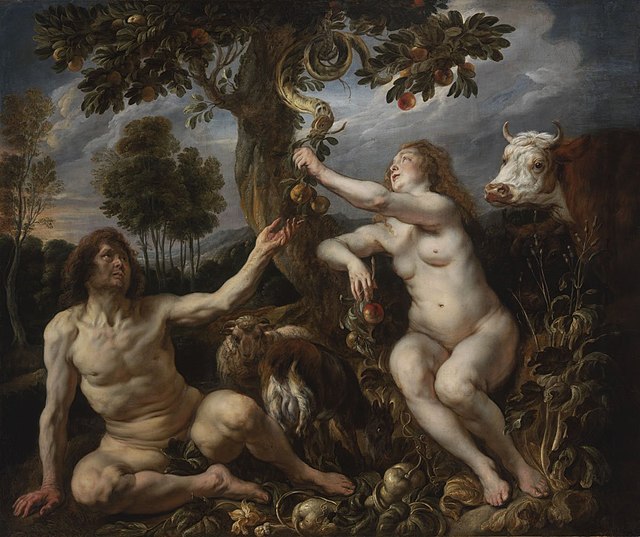Peter Martyr Vermigli was an Italian-born Reformed theologian. His early work as a reformer in Catholic Italy and his decision to flee for Protestant northern Europe influenced many other Italians to convert and flee as well. In England, he influenced the Edwardian Reformation, including the Eucharistic service of the 1552 Book of Common Prayer. He was considered an authority on the Eucharist among the Reformed churches, and engaged in controversies on the subject by writing treatises. Vermigli's Loci Communes, a compilation of excerpts from his biblical commentaries organised by the topics of systematic theology, became a standard Reformed theological textbook.
Pietro Vermigli, by Hans Asper, 1560
The Badia Fiesolana, where Vermigli entered religious life
Basilica of San Frediano, where Vermigli was appointed prior in 1541
Title page of the 1576 Loci Communes
Reformed Christianity, also called Calvinism, is a major branch of Protestantism that began during the sixteenth-century Protestant Reformation, a schism in the Western Church. In the modern day, it is largely represented by the Continental, Presbyterian, and Congregational traditions, as well as parts of the Anglican and Baptist traditions.
Statues of William Farel, John Calvin, Theodore Beza, and John Knox, influential theologians in developing the Reformed faith, at the Reformation Wall in Geneva
Calvin preached at St. Pierre Cathedral in Geneva.
Early Calvinism was known for simple, unadorned churches as depicted in this 1661 portrait of the interior of the Oude Kerk, Amsterdam
Fall of Man by Jacob Jordaens








